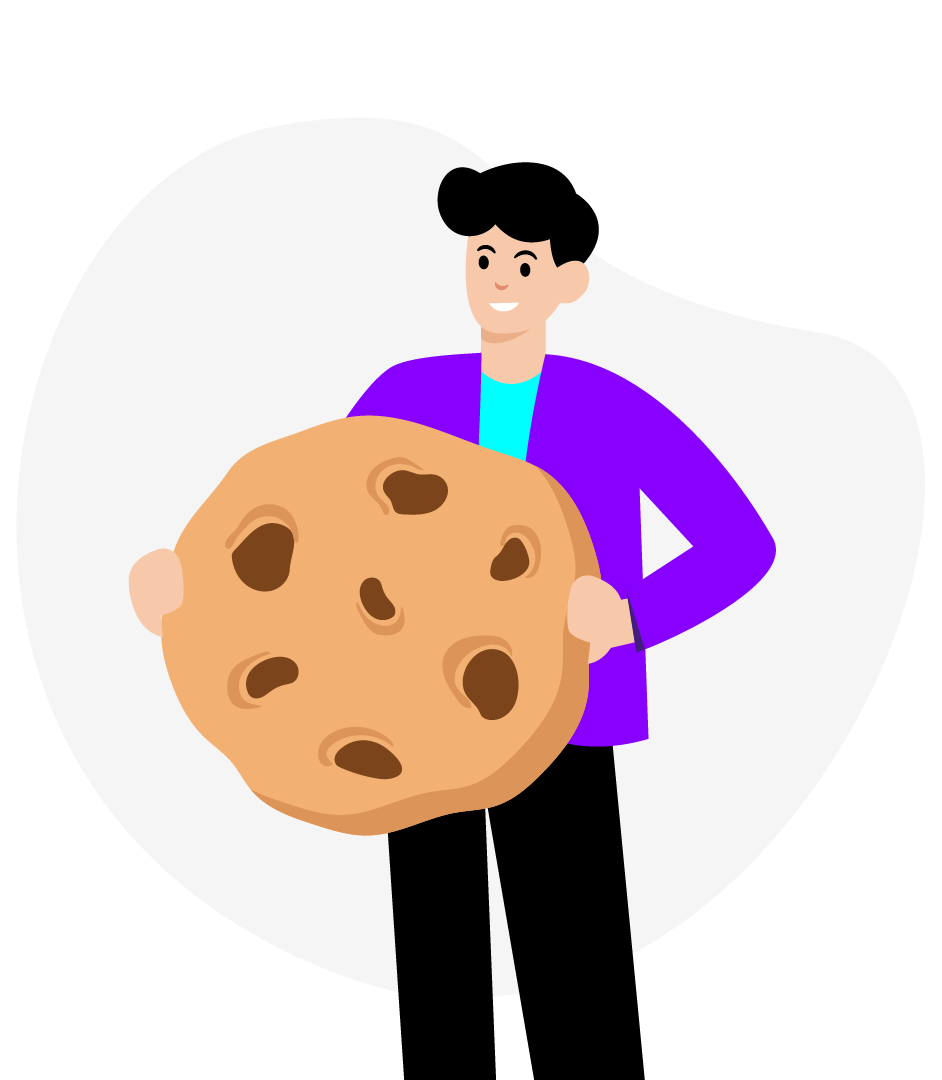A long time ago, businesses advertised using radio, television, flyers, and newspapers. It has been quite a while since things have changed. Advertising in these ways is still possible, but businesses are better served taking advantage of the Internet's countless opportunities for exposure. It was created due to the simple fact that many people are using the Internet, but fewer are buying newspapers in the year 2022...
After preparing your new website, you'd like to focus on improving your sales. Google Ads and Facebook Ads are two of the leading players in online advertising, so chances are you're already thinking about advertising there.
Online advertising can prove particularly challenging for small business owners, since they must determine how much to spend on it. In particular, when they are not aware of the differences between Facebook Ads and Google Ads. Therefore, how does a business determine which platform will be most effective for its needs? Our goal today is to answer all your questions!
In today's debate though, don't expect a winner, as we believe both are necessary…
Google Ads
Currently, Google processes over 63,000 search queries every second and 5.6 billion daily.
There are many PPC (Pay-Per-Click) advertising platforms available in the world, but Google Ads is one of the most popular. Advertisers who pay per click pay only when a user clicks their ads. Pay-Per-Click There are many search engines that employ similar techniques, but Google—both for consumers and advertisers—is so widely used that the term “paid search” is almost entirely synonymous with Google Ads.
There are, of course, other complementary forms of advertising available from Google besides Search Ads. For example, businesses can advertise through the Google Display Network, by displaying images, text, and banners as users browse the web, use apps on their mobile phones, or watch videos, outside the search engine results. Additionally, Google Shopping Adscampaigns are a useful type of advertising, particularly in the eCommerce sector, since they display images, prices, and reviews to users based on what they search for. A potential buyer clicking on the advertisement is taken directly to the product page on the eshop.
Facebook Ads
Generally, Google Ads is considered 'paid search'; on the other hand, Facebook ads are referred to as “sponsored social ads” and its popularity comes from its large number of active users, 2.91 billion to be exact, with this number increasing every year.
There is no doubt that Facebook knows us better than Google, which gives it a significant advantage over Google. The fact that Facebook constantly collects data might seem creepy to some, but it's true. Our favorite pages, our friends, our date of birth, our trip to Santorini in 2021, etc.; all of this data can be extremely valuable to advertisers who are trying to target their business to specific profiles. The behavior of the buyer plays a huge role in the purchase decision. Because of these reasons, Facebook Ads are the most popular. Many businesses choose Facebook Advertising because it allows them to identify their target customers and only serve those who are likely to make a purchase, something that other advertising platforms cannot provide.
Google Ads vs Facebook Ads
Targeting
Using Google's ads,you target users based on their searches and keywords. As opposed to this, Facebook ads appear mostly in audiences you create yourself.
Suppose you ran an ad for children's shoes on Google and targeted users who searched for terms such as "children's shoes" or "children's shoes", while on Facebook you would target a group of people who fit the profile of a potential buyer, like parents with young children, young people under 45 years of age, or people who enjoy children's TV series or games.
On Google, users search for the product; on Facebook, the product finds them
A major difference is how users interact with your business. On Google, users primarily search to solve their problems, οι χρήστες έρχονται σε εσάς. Από την άλλη, στο Facebook εσείς δημιουργείτε την επιθυμία στο χρήστη να ενδιαφερθεί για την επιχείρησή σας και αυτά που προσφέρει, άρα so they come to your business. Conversely, on Facebook, you create a desire among users for your business and what it offers, so you approach them. Accordingly, your Google users have a greater purchasing desire than your Facebook fans.
Google Ads may need a daily check for any updates, while Facebook Ads can "run" for quite some time before changes are needed.
Complexity
On Facebook, creating an ad is easier. Visuals, caption, audiences, goals and you're done! There is a similar type of ads on Google (Display Ads), however to set them up properly takes more time and more expertise. Google Ads may need to be checked daily for any adjustments, while Facebook Ads can "run" for quite some time before changes are needed.
Cost
In general, Facebook can perform on a smaller budget than Google. This happens, among other things, for the reason we analyzed above. By choosing Google we reach an audience that already has a strong buying interest. We therefore pay to bring to our website a user who is theoretically close enough to convert, i.e. make a purchase, fill in a form with his details, etc.
The conclusion; Quite simply, it shouldn't be Google Ads vs Facebook Ads, but Google Ads AND Facebook Ads!






